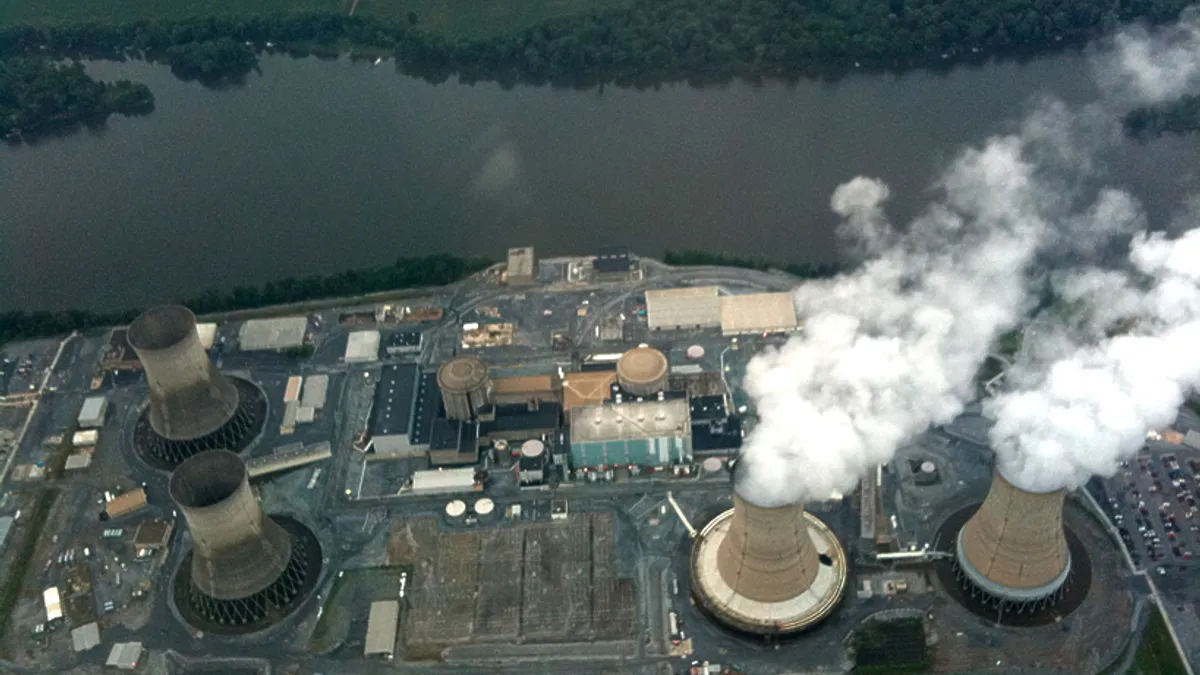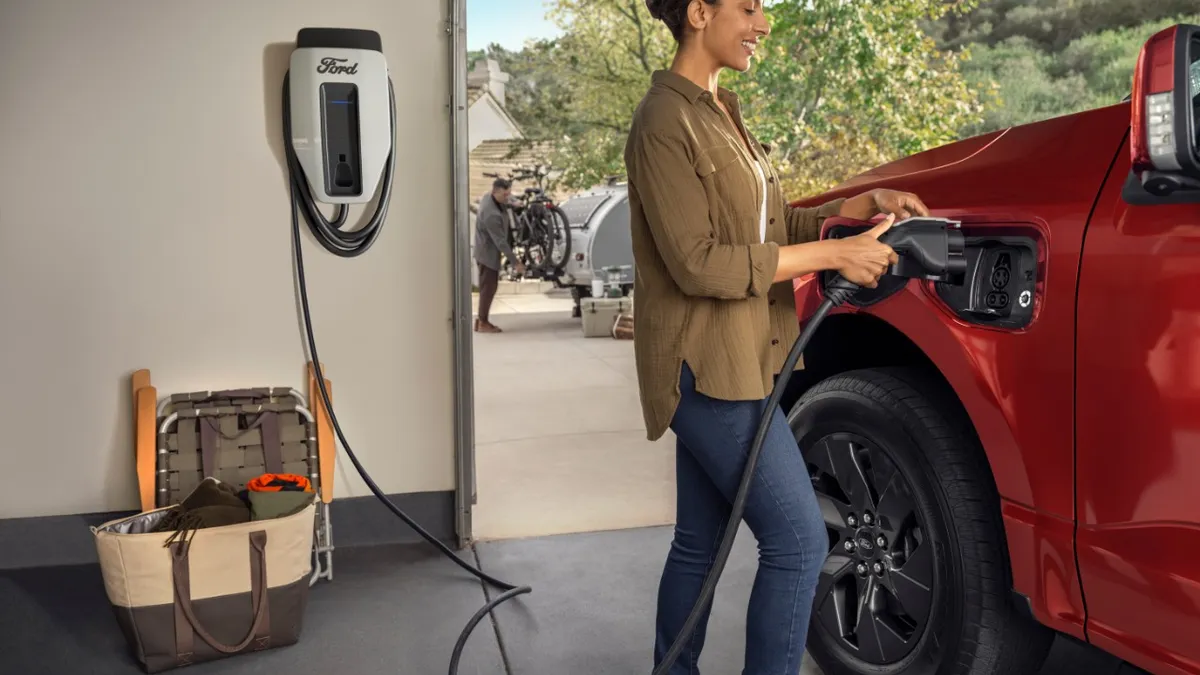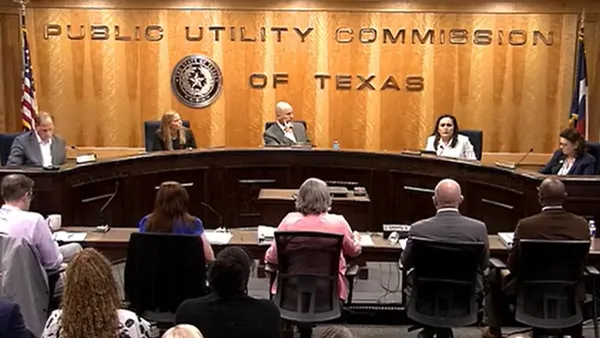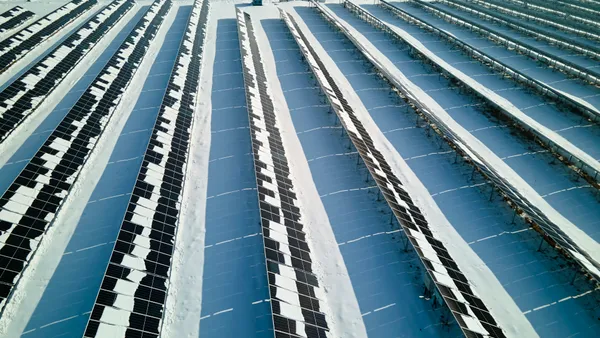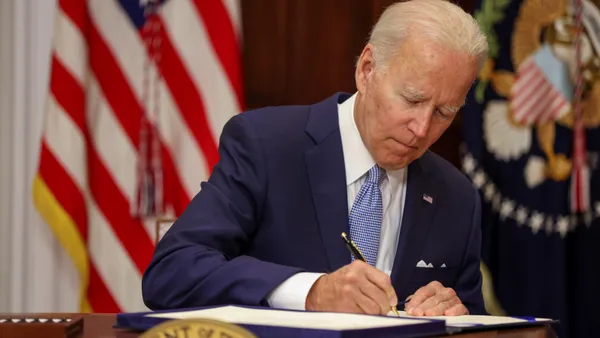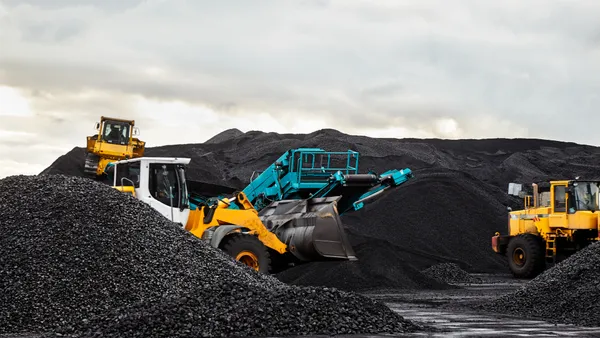Dive Brief:
- Meta wants nuclear energy developers to submit proposals for new generation capacity to help it “meet our AI innovation and sustainability objectives,” the company said Tuesday.
- Its request for proposals seeks 1 GW to 4 GW of new nuclear capacity to be delivered beginning in the early 2030s from developers that can build multiple units to reduce per-unit costs, the company said. Initial proposals are due Feb. 7.
- Meta expects the nuclear projects identified in the RFP process will support its broader data center portfolio, with a focus on areas where the company has existing operations or significant energy demand, a Meta spokesperson told Utility Dive.
Dive Insight:
Meta is “taking an open approach with this RFP so we can partner with others across the industry to bring new nuclear energy to the grid,” it said in a Tuesday blog post.
The Facebook and Instagram parent is open to both large-scale and small modular reactor proposals and isn’t targeting a specific number of partners right now, the spokesperson said. The company is looking for companies capable of safely deploying new reactors on an accelerated timeline and working with Meta over the long term to operate the plants reliably and economically, they said.
Partners should have experience developing and building complex infrastructure projects, the spokesperson added.
“Compared to renewable energy projects that we continue to invest in, such as solar and wind, nuclear energy projects are more capital intensive, take longer to develop, are subject to more regulatory requirements, and have a longer expected operational life,” Meta said in the blog post. “These differences mean we need to engage nuclear energy projects earlier in their development lifecycle and consider their operational requirements when designing a contract.”
Meta is open to various offtake structures for projects arising out of the RFP, including power purchase agreements, and will also contemplate co-funding arrangements to spur project development, the spokesperson said.
Meta has contracted for over 12 GW of renewable energy worldwide and has “matched our global operations with 100% clean and renewable energy” since 2020, it said. Much of that procurement has occurred under virtual power purchase agreements that enable the construction of new solar and wind facilities, the spokesperson said.
Meta has more recently looked to procure more “clean firm” power as well, announcing in August a partnership with Sage Geosystems to provide up to 150 MW of geothermal power to its data centers beginning in 2027.
Meta’s nuclear RFP follows a string of nuclear-related announcements from large technology companies this fall.
In September, Microsoft and Constellation Energy announced a 20-year power purchase agreement that would support the reopening of the idled 835-MW reactor at the Crane Clean Energy Center, formerly known as Three Mile Island Unit 1, in 2027 or 2028.
In October, Google and Kairos Power announced a deal to build and operate a 500-MW fleet of small advanced reactors by 2035, with the first targeted to come online in 2030. Kairos expects to commission the first of two low-power test reactors it is building in Oak Ridge, Tennessee, in 2027.
Also in October, Amazon revealed a $500 million investment in X-energy, an SMR developer, as part of a longer-range partnership between the two companies to deploy up to 5 GW of new nuclear power projects by 2039. The first phase of the partnership would see four 80-MW Xe-100 SMRs deployed at the Columbia Generating Station in Richland, Washington, with the potential for up to 12 reactors at the site totaling 960 MW of capacity.
Amazon may separately deploy an SMR with at least 300 MW of generating capacity near Dominion Energy’s North Anna nuclear power plant in Virginia through a memorandum of understanding with the investor-owned utility.
Editor’s Note: This story has been updated with additional details from Meta.


